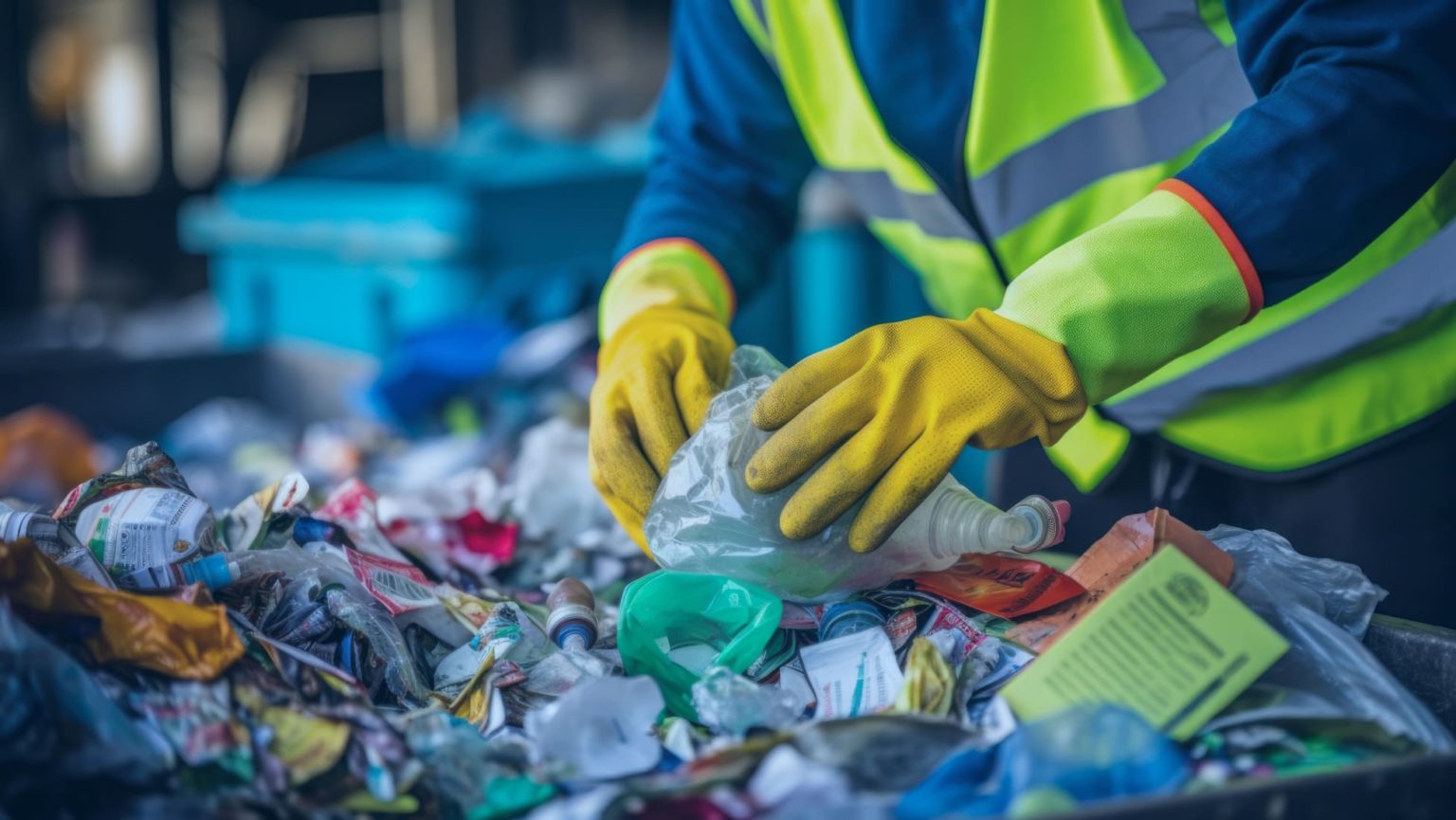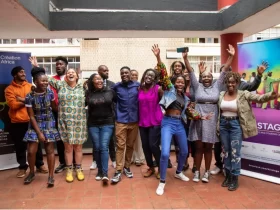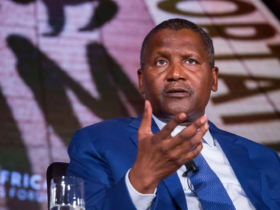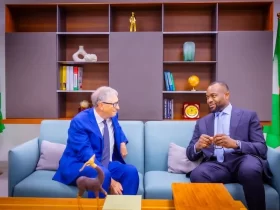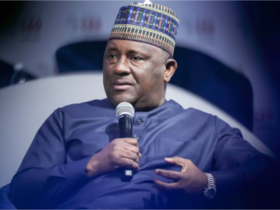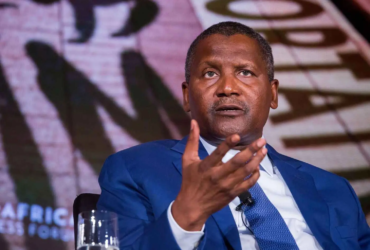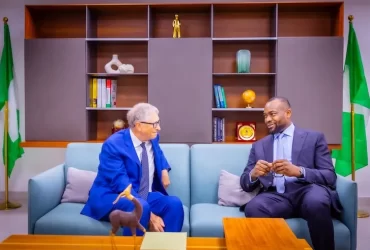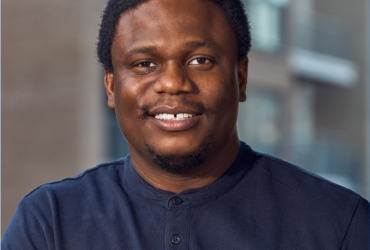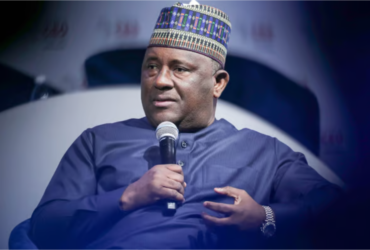The Lagos State government has announced a major €120 million ($132 million) investment from the Netherlands to fund a groundbreaking waste-to-energy initiative in Lagos, Nigeria. This project, a collaborative effort between the Lagos State government and Dutch firm Harvest Waste Consortium, aims to convert a significant portion of the city’s daily waste output into electricity.
Transforming Waste into Energy at the Epe Landfill
The initiative will be based at the decommissioned Epe landfill site, where Harvest Waste Consortium plans to process 2,500 to 3,000 tonnes of waste per day. This will be sourced from the estimated 13,000 to 14,000 tonnes of waste that Lagos generates daily, turning what was once a problem into a solution for the city’s energy needs.
Lagos State Commissioner for Environment and Water Resources, Tokunbo Wahab, shared details about this project in an interview with Nairametrics, highlighting international partnerships aimed at enhancing waste management in Lagos. Wahab emphasized the importance of a consistent waste supply for the efficient generation of power and confirmed that feasibility studies for the project have been completed, with Harvest Waste fully committed to its success.
Expanding Waste Management Solutions through International Collaborations
In addition to the Harvest Waste Consortium, Lagos State is pursuing other partnerships to modernize its waste management systems. Wahab mentioned ongoing collaborations with Ghana’s Jospong Group and the Dutch firm Closing the Loop to tackle different aspects of waste.
The Jospong Group, an Accra-based waste-to-wealth company, is working with Lagos to repurpose waste collected by private sector operators. Their projects focus on converting waste into valuable products such as compost fertilizers and recycled plastic bins. With a local office already established in Alausa, Lagos, Jospong has commissioned its equipment and expects operations to commence within the next six to seven months, creating job opportunities for Nigerians.
Addressing Electronic Waste with Dutch Expertise
Another key partnership involves the Dutch company Closing the Loop, which will handle Lagos’ electronic waste management. By establishing a local facility to process electronic waste, the company aims to reduce the need for export while recycling valuable materials within the state. This initiative is a significant step towards reducing electronic waste and promoting a circular economy in Lagos.
Decommissioning Dumpsites for a Greener Future
To accommodate these innovative projects, Lagos State is decommissioning major dumpsites, including Olusosun and Solous 1, 2, and 3. The decommissioning will make way for new landfills that support the state’s sustainability initiatives, ultimately reducing the amount of waste sent to landfills.
Paving the Way for a Sustainable Lagos
Once fully operational, these waste-to-energy and waste management projects are expected to drastically reduce the volume of waste in Lagos, supporting the state’s environmental goals. The Lagos State Government aims to reduce the amount of waste sent to landfills to just 3% to 4%, a significant step toward environmental sustainability and resource efficiency.
This ambitious plan, supported by international partnerships and cutting-edge technology, positions Lagos as a leader in waste management and renewable energy solutions in Africa.
Source: Innovation Village

